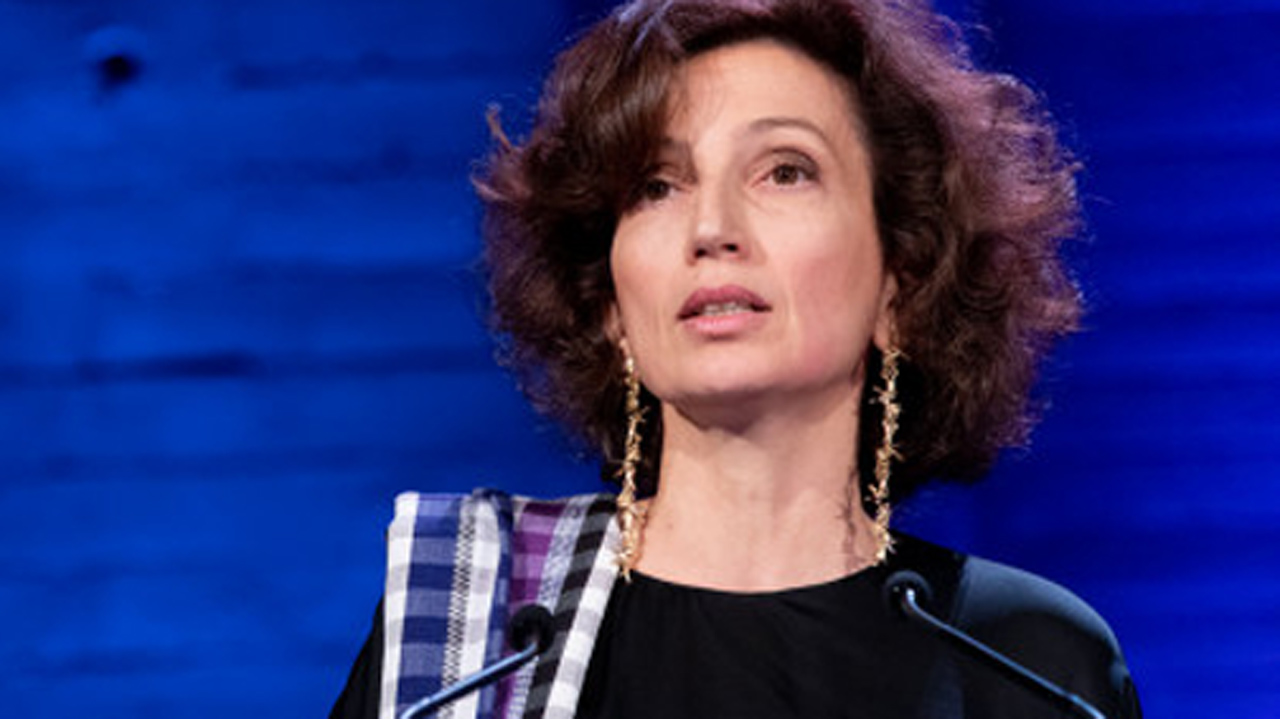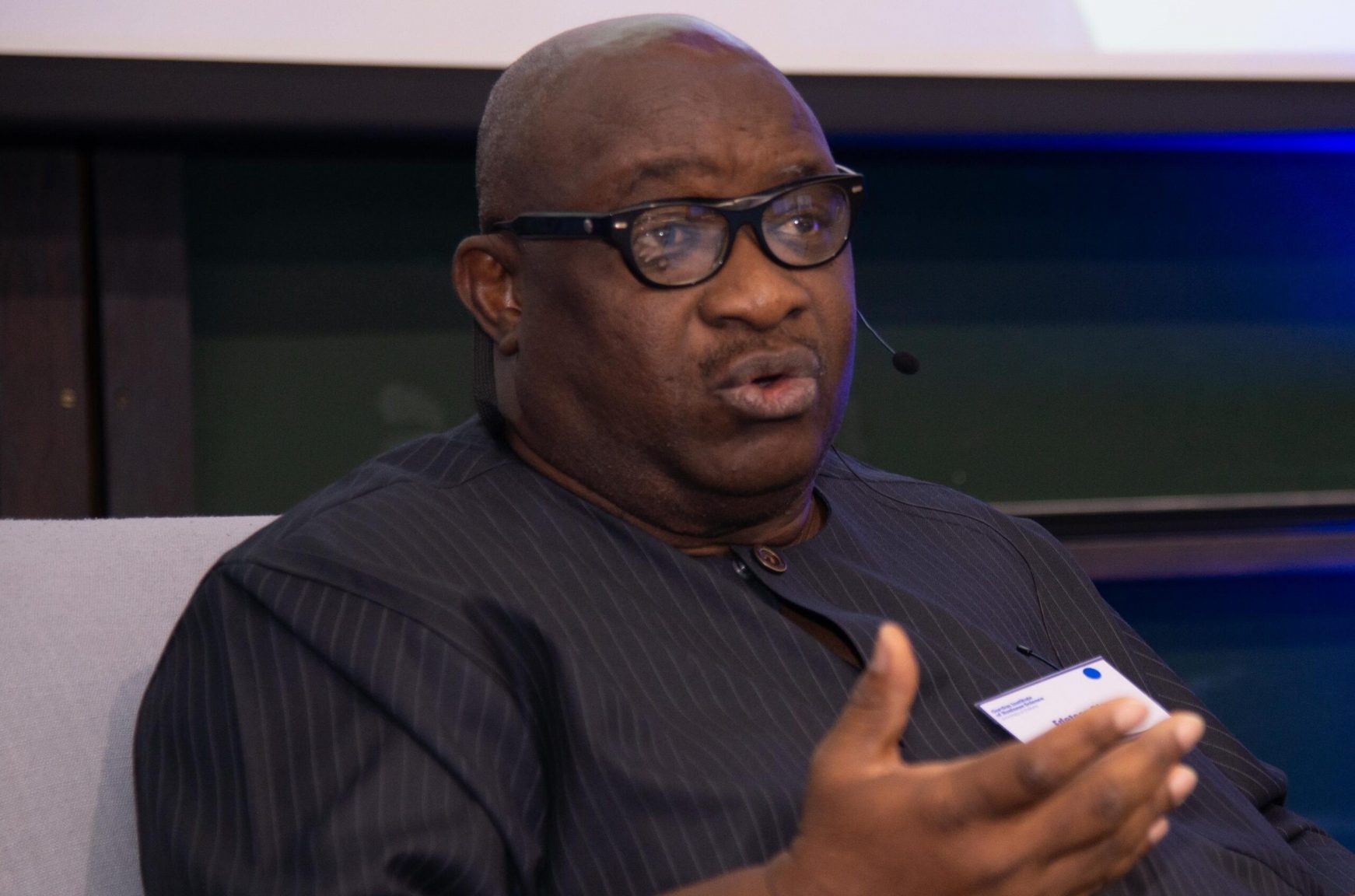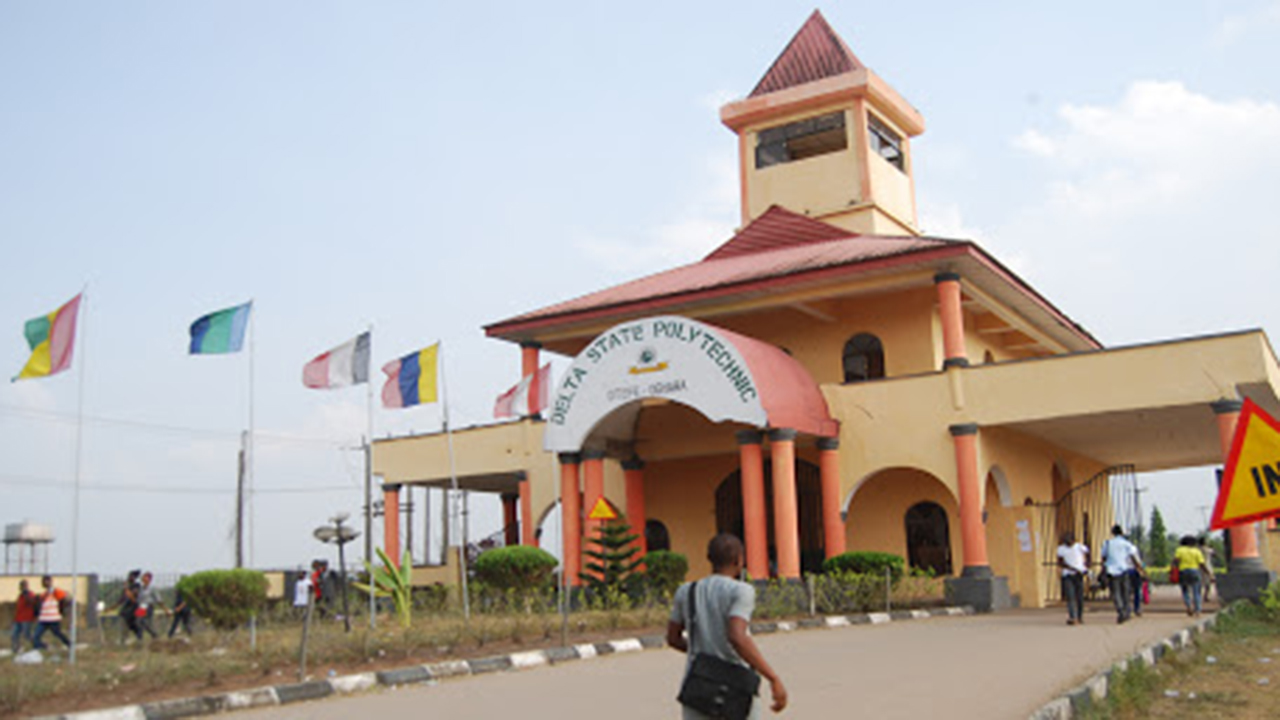In any case, after many governors were indicted and even convicted on account of spending LGA funds, they devised a new method to beat the law which is that LGA money after being withdrawn from banks is deposited in cash at designated locations in specified buildings from where it is picked up by another official.
That is one clever way of ensuring that there is no record of anyone conveying money or receiving funds on behalf of the governor since the funds are collected in cash and deposited somewhere without interactions between the fellow that deposits the money cargo and the one that picks it up after the bringer has departed.
It was such an ingenious fraud process that happens without electronic or paper trails because they have been intentionally bypassed. To counter that nefarious strategy, the Nigerian Financial Intelligence Unit (NFIU) issued a directive to the effect that not more than N500 million can be collected daily from the joint account between state governments and LGAs where the 20.60% of FAAC allocation to LGAs are domiciled and directed banks to comply with the order. One has no idea whether the directive was complied with by the relevant parties before the game-changing Supreme Court ruling.
Nevertheless, one redeeming feature in the seemingly high risk of paying LGA funds directly to the councils without oversight from state governments, which presupposes that LGA officials would likely be spending recklessly the 20.60% allocated to the 774 councils from FAAC is that unlike state governors, LGA Chairmen who are the equivalent of governors at the third-tier level are not enjoy the privilege of constitutional immunity from prosecution.
While governors who owing to the immunity clause in the 1999 constitution of the Federal Republic of Nigeria protecting the president and governors in our country from being prosecuted during their tenure in office, so they can only be charged to court after their tenure expires, if any LGA chairman or councilors engage in corruption they can get arrested immediately and arraigned in a court of law because they do not enjoy any immunity.
So, as a panacea to the financial recklessness at the state level not being extended to the LGA stage, the EFCC, ICPC, NFIU, and other financial crime prevention agencies of government should show intense interest in how the LGA funds are managed.
NFIU’s prohibition of withdrawal of LGA funds of not more than half a million naira per day should be enforced and civil society organisations especially those focused on finance such as BudgetlT, Statisense, etc that are fast springing up in our country should redouble their efforts in tracking LGA funds to ensure they are properly utilised.
In liberal democracies, it is the social crusade organisations of the sort earlier cited that drive positive socioeconomic change. They are regarded as the fifth realm of the estate after the media which is the 4th.
In fact, the preponderance of civil society organizations is one of the yardsticks for measuring how liberal is the democracy being practiced in a country. It is commendable that their presence has been growing since the days of the Civil Liberties Organisation (CLO), pioneered by Dr. Olisa Agbakoba in the mid 1980s during the struggle to restore democracy to our country. Civil society organizations range from the ones with omnibus functions like CLO to the specialized ones like SERAP, Enough Is Enough, etc involved in civil and human rights issues to the ones focused on financial matters earlier highlighted.
The ball is now in the court of the lawmakers in the National Assembly to score the goal of a democracy that delivers dividends to the masses in the rural areas and not to only the few privileged in urban centres, by reviewing the issues thrown up by the yea and nay sayers about the Supreme Court’s decision on direct payment to LGAs with the intention to blend them for a more positive and beneficial result for all Nigerians and our nascent democracy, in particular.
Furthermore, as the legislators engage in the ongoing review of the 1999 constitution of the FGN, NASS might as well leverage the opportunity to look into the crisis brewing between state governors and our monarchs.
Right now, in the pantheon of traditional rulers, there appears to be a mystic flowing through the air as Bob Marley the reggae maestro once crooned. That is because the rate at which our traditional institutions are being demystified is alarming.
So, while the review of the 1999 constitution by NASS is ongoing, perhaps the arrangement through which traditional rulers can be paid their emoluments directly should also be factored into the process so that our royal fathers would heave a sigh of relief from the stranglehold of state governors and even LGA chairmen who lord it over them.
As we may all be aware, many of them are currently at loggerheads with state governors who they accuse of not adequately funding them, while governors allege that chairmen of traditional councils who receive funds on behalf of their members fail to equitably disburse the funds to their colleagues, resulting in friction.
We see that in Edo State where the state governor, Godwin Obaseki, has been sued by one of the chiefs for withholding or not paying the remunerations to the traditional rulers directly, rather than passing their emoluments through the chairman of the council, Omonoba Uku Akpolopolo, the Oba of Benin.
Another example of the overarching power of governors over traditional rulers is the recent rise in the spate of dethronement and enthronement of traditional rulers. A typical scenario is the case in Kano where Emir Sanusi Lamido Sanusi was enthroned and dethroned by two successive governors, the immediate past, Umaru Ganduje, and the incumbent Abba Kabir Yusuf.
With the dust yet to settle as Kano currently has two traditional emirs at the same time which is unprecedented, the virus wracking the traditional institutions seems to be spreading around fast as the ancient throne of the Sultan of Sokoto, who is the leader of the Fulani caliphate is looking like the next point where the dethronement hurricane may be making its next landfall.
That is if the current rumble in the desert (not jungle) as evidenced by the recent law passed by the Sokoto State assembly, which had stripped the Sultan of the power to appoint district heads is anything to go by.
In my view, the new Sokoto government policy on the traditional council is equivalent to stripping the president or governor of the right to appoint ministers or commissioners respectively.
Being divested of that authority to appoint district heads, the sultan’s power would be highly diminished because loyalty would be to those who appointed them.
Again, the aphorism: ‘He who pays the piper dictates the tone’ rings true in the instance above.
Relying on the conventional wisdom: ‘what is good for the geese is good for the gander’ let us let our monarchs receive their emoluments directly from the FAAC account so that they would not continue to be at the mercy of leaders in the subnational and 3rd tier of government. There was a period when this country has House of Chiefs.
A lot of Nigerians would agree with me that our monarchs back in the days helped in sustaining the security of lives and properties in the hinterland, which is currently lacking.The current chairman of the Nigerian Governors’ Forum, Abdulrahman Abdulrazaq, who is the governor of Kwara State has in a media statement informed Nigerians that the ruling by the Supreme Court is welcome adding that his fellow governors are awaiting the details.
But he also quipped that in the end, LGAs may have the wrong end of the stick by alluding that it is state governments that have been augmenting or propping up LGAs.
It would be amazing to see how that is so because some state governors, of course not all, have been combining their 26.72% with LGAs’ 20.60% giving them a ballpark figure of 47.32% compared to the federal government’s 52.68 of Federation Account, FAAC.
Perhaps it is because in reality state governments are combing LGA allocation with theirs therefore receiving only about 5% less than the FGN allocation from FAAC, that they have not been seriously clamoring for increase in the ratio of the revenue sharing formula that goes to states.
In conclusion, the Supreme Court’s decision on LGA autonomy is a step forward in our democratic journey, which is better than the present situation whereby LGAs that are supposed to be a third tier of government have been emasculated by state governments in the past 25 years of the return of multiparty democracy.
As an optimist, one is hopeful that the gaps, discomfitures or incongruencies inherent in the apex court’s ruling in due course, would be ironed out between the three tiers of government for the greater good of all Nigerians.
Concluded
Onyibe, public policy analyst, is a former commissioner in Delta State.


















